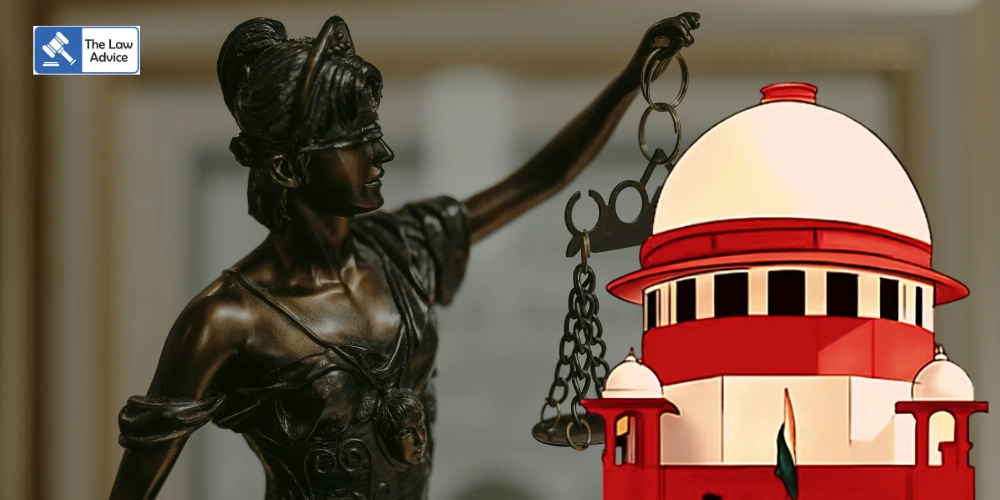
The Supreme Court on Wednesday, October 15, heard Telangana Chief Minister Revanth Reddy’s plea seeking to quash the 2015 “Cash-for-Votes” case, in which he is alleged to have offered a bribe to an MLA to secure votes during the Legislative Council elections.
The bench of Justices JK Maheshwari and Vijay Bishnoi considered the matter.
Senior Advocate Mukul Rohatgi, representing Revanth Reddy, contended that the Anti-Corruption Bureau’s (ACB) trap in the 2015 case was “entirely illegal” because it was conducted before any First Information Report (FIR) was registered. Rohatgi argued that, under the Code of Criminal Procedure (CrPC), no investigation can legally begin prior to FIR registration. He emphasized, “A trap was set up before any FIR was filed. The trap is completely illegal because no investigation can commence before FIR registration under the CrPC. There was no general diary entry or FIR.”
Rohatgi pointed out that three individuals were allegedly caught offering bribes during the trap, and that Revanth Reddy was being prosecuted under Section 12 of the Prevention of Corruption Act, 1988, as it existed in 2015. He noted that Section 12 then applied only to abetment of offences under Sections 7 and 11, which covered bribe takers—not bribe givers.
He submitted, “I am being prosecuted under Section 12 of the PC Act as it stood in 2015. It relates to abetment of Sections 7 and 11. But in 2010, bribe givers were not covered; only bribe takers were.” Rohatgi added that bribe givers were included under the law only after the 2018 amendment.
Even if the allegations were assumed to attract Sections 7, 11, and 12, Rohatgi argued, those provisions applied solely to acts performed by public servants in official duty. Voting—or abstaining from voting—in a Legislative Council election, he said, does not qualify as an official act under the Act.
Rohatgi further elaborated on Section 12, noting that it punished “whoever abets an offence under Sections 7 and 11, whether or not the act is committed,” clarifying that the provision was limited to the abetment of those specific offences. He explained that Sections 7 and 11 then applied exclusively to bribe takers, i.e., public officials accepting or attempting to accept undue advantage.
Justice Maheshwari asked, “So earlier it was abetment of Sections 7 and 11, and now…?” Rohatgi replied that after the 2018 amendment, Section 12 was expanded to cover abetment of any offence under the Act, a change he described as “logical” but not retrospective for alleged offences in 2015.
The hearing is scheduled to continue tomorrow.
Last month, the Supreme Court had upheld the Telangana High Court’s decision quashing the case against another accused, Jerusalem Mathai.
The case stems from allegations that Revanth Reddy, then a Telugu Desam Party (TDP) member, attempted to bribe nominated MLA Elvis Stephenson to secure his vote in the Legislative Council elections.
Case: A Revanth Reddy v. State of Telangana | Special Leave Petition (Criminal) No. 5333 of 2021
Website designed, developed and maintained by webexy